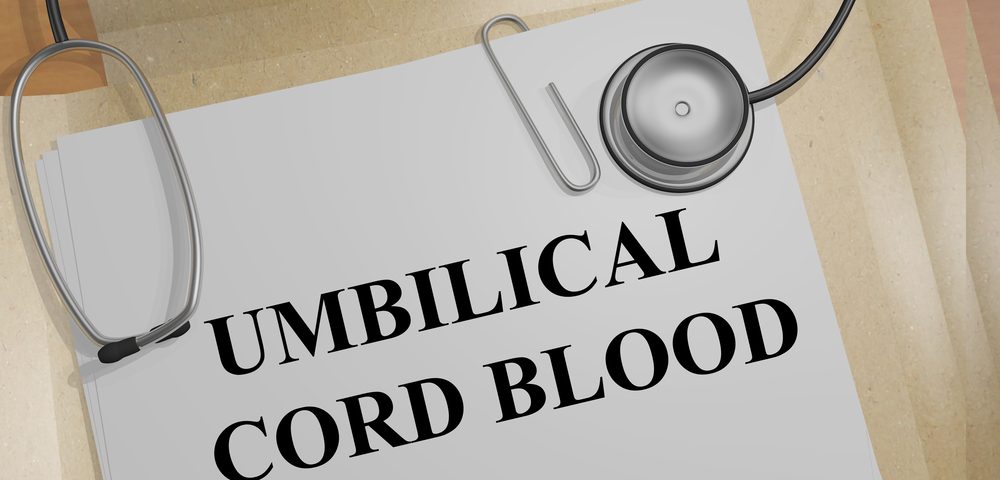Cord-blood transplants are a good alternative to bone marrow stem cell transplants in leukemia and lymphoma patients who lack a donor, but the cells usually take longer to reach the bone marrow and fewer get to their target. Researchers now know that that is, in part, because of the hormone erythropoietin (EPO).
Investigators looking for ways to resolve cord-blood transplant issues found that EPO — which is involved in producing red blood cells — prevents transplanted cells from getting into the bone marrow. More importantly, they found that lowering patients’ EPO levels aids in a process known as homing — in which newly transplanted blood stem cells migrate properly to the patient’s bone marrow — and accelerates recovery.
They reported their findings in the study “Erythropoietin modulation is associated with improved homing and engraftment after umbilical cord blood transplantation,” published in Blood.
An accompanying editorial described the work as a “breath of fresh air for umbilical cord blood.”
Cord blood’s wide availability, the presence of samples from minorities, and the blood’s limited immunological complications have made it an appealing transplant source. However, the challenges mentioned above have prevented it from being adopted as the clinicians’ first choice for allogenic transplant. (In such transplants, patients receive stem cells from another person, be it a relative or a stranger, whose immune system markers closely match theirs.)
Researchers at the University of Kansas Medical Center found that EPO prevented blood cells from homing to the bone marrow, and the hormone turned many of the cells into red blood cells, which significantly affected the transplants’ efficacy.
The team conducted a small, first-in-human clinical trial involving 15 patients, giving them hyperbaric oxygen therapy six hours before a cord-blood transplant. The therapy involved placing the patients into a specialized chamber with 100 percent oxygen for 90 minutes.
As the oxygen level increased, the EPO levels decreased and red blood cell-levels were better balanced.
The researchers found that the therapy was safe and well-tolerated, and they reported improved transplant efficacy and accelerated recovery in the patients.
According to a press release, study leader Omar Aljitawi, MD, associate professor of hematology/oncology at University of Rochester Medical Center’s Wilmot Cancer Institute, is developing a Phase 2 trial to further assess the efficacy of hyperbaric oxygen therapy in umbilical cord blood transplantation.


